President John Dramani Mahama has returned to Ghana after participating in the 80th Session of the United Nations General Assembly (UNGA) in New York.
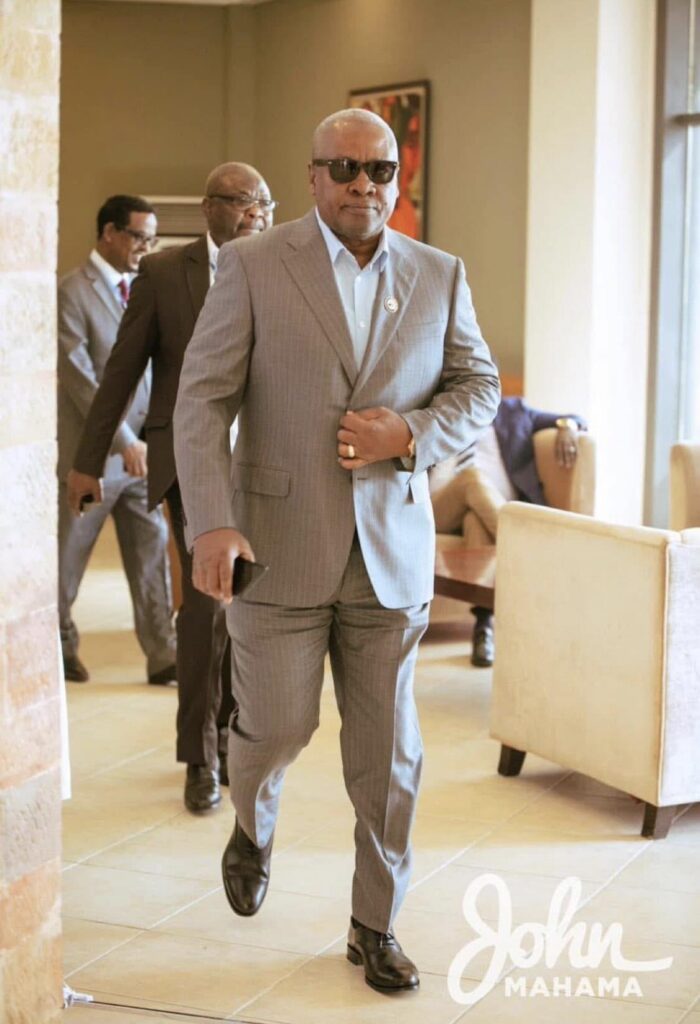
He was received at the Kotoka International Airport by Vice President Professor Naana Jane Opoku-Agyemang.
During his trip, President Mahama joined a coalition of global leaders to launch the Accra Reset — a new framework designed to transform global development financing and partnerships.
The initiative, introduced at a high-level side event, seeks to tackle long-standing challenges in the global financial system, particularly those affecting developing nations.
Mahama, who serves as the African Union’s Champion for African Financial Institutions, described the Accra Reset as a timely and ambitious response to what he called a “fraying” global development architecture.
In his address to the General Assembly on Thursday, September 25, President Mahama also:
Called for the removal of the economic blockade on Cuba, describing it as unjust and counterproductive;
Criticised global migration policies, pointing out what he referred to as hypocrisy in how different groups of migrants are treated;
Announced Ghana’s intention to table a motion at the UN to formally recognise the transatlantic slave trade as a crime against humanity.
President Mahama’s engagements at the UNGA, including the launch of the Accra Reset, reaffirmed Ghana’s commitment to multilateralism and global cooperation on issues of finance, justice, and historical accountability.
Minister for Government Communications, Felix Ofosu Kwakye, addressed the media.
VOICE OF: FELIX OFOSU KWAKYE
[5:37 AM, 10/1/2025] Kwabena Dwomoh: Non-Parliamentary Parties Demand Withdrawal of National Signals Bureau Case
The group of political parties without representation in Parliament has called for transparency, impartiality, and urgency in the prosecution of corruption-related cases emerging from the Operation Recover All Loot (ORAL) Committee report.
The group also warned against what it describes as “selective justice and media trials” by the Attorney-General’s Office.
At a press conference in Accra on Tuesday, the group, led by Citizen Ato Dadzi, the General Secretary of the Great Consolidated Popular Party (GCPP), raised concerns over the pace and integrity of the Government’s anti-corruption efforts.
It was on the theme: “The ORAL Committee Report, Attorney-General – Unfinished cases, delays and unanswered questions”.
“The ORAL report is not merely a political document; it is a national litmus test. It will determine whether the fight against corruption in Ghana is genuine, holistic, and free from partisan convenience,” Mr Dadzie said.
He said President John Dramani Mahama’s earlier announcement that 33 corruption cases had been handed over to the Attorney-General for prosecution inspired hope but had since been clouded by slow judicial progress and perceived political bias.
The ORAL Committee, chaired by Minister of Foreign Affairs, Samuel Okudzeto Ablakwa, has members including former Auditor-General Daniel Domelevo and legal practitioner Martin Kpebu.
Despite the committee’s findings being declared as “ripe for prosecution,” Mr Dadzi noted that few cases had seen meaningful progress in court.
He criticised what he called a pattern of “media sensationalism” and “prejudicial public commentary” by state officials, including the Attorney-General Dr. Dominic Ayine.
He expressed particular concern over the prosecution of Kwabena Adu-Boahene, former Director-General of the National Signals Bureau (NSB), calling the ongoing trial flawed and politically motivated.
“We find the continuous public commentary and media trial by the Attorney-General on the Adu-Boahene case to be both unlawful and improper. Justice must be served in the courtroom, not in the court of public opinion,” Mr Dadzie said.
Citing a letter from Israeli security firm I.S.C Holding Ltd., the original supplier of the controversial cyber defence system at the heart of the case, Mr. Dadzi revealed that the company had confirmed full delivery of the system to Ghana, directly contradicting the Attorney-General’s claims that no such equipment was received.
“This new evidence strikes at the very heart of the prosecution’s case. The matter could have been resolved through quiet verification rather than public litigation, which risks exposing Ghana’s national security assets to foreign scrutiny.
Given the contradictions, Mr Dadzi called for the immediate withdrawal of the Republic vs. Kwabena Adu-Boahene case, labeling the investigations as “shoddy and incomplete.”
“The Attorney-General’s role is not to play politics with prosecutions but to uphold justice with integrity. Failing to do so reduces the office to an instrument of propaganda,” he said.
He questioned why prosecutions against former appointees of the opposition New Patriotic Party (NPP) were being vigorously pursued, while ongoing cases involving National Democratic Congress (NDC) affiliates had been quietly discontinued.
“These include high-profile scandals such as the Saglemi Housing Project, the COCOBOD fertilizer case, and the SSNIT OBS project. Justice is not theatre.
Prosecution is not propaganda. We must return to the fundamentals of due process and fairness,” he added.
The group further cautioned that pursuing the Adu-Boahene case in open court threatened national security, as it involved classified cyber defence infrastructure.

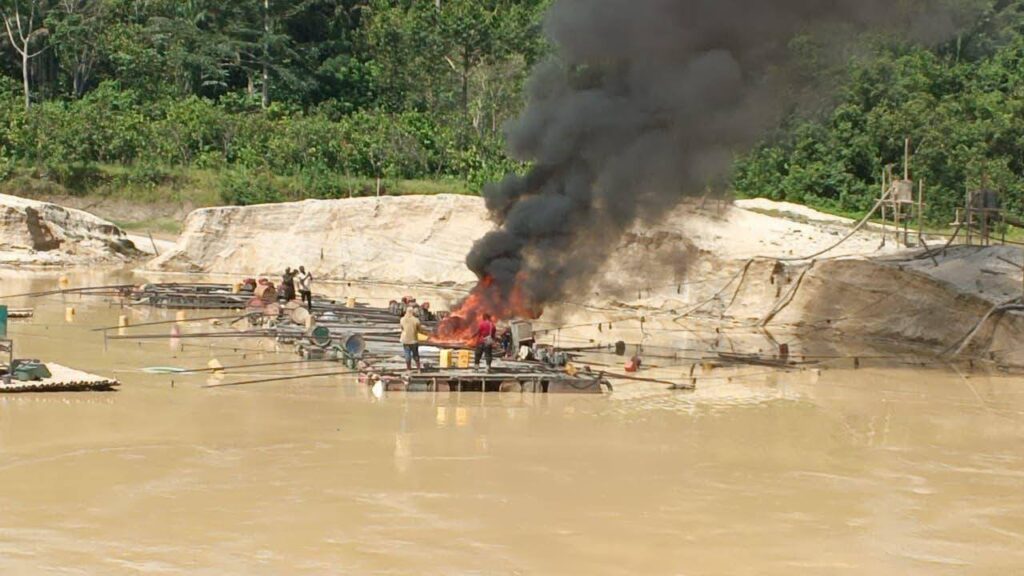

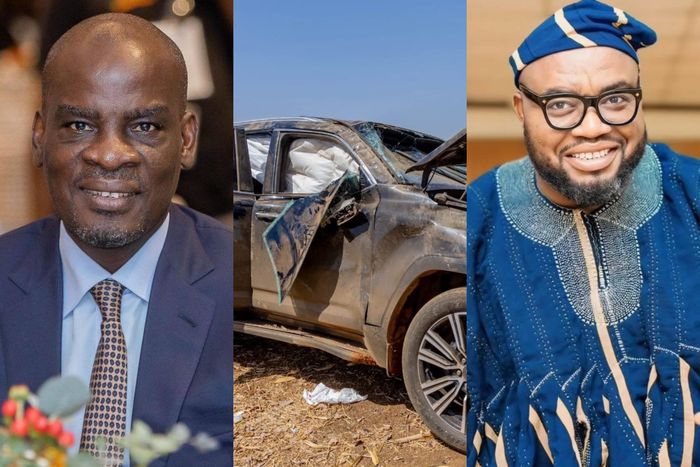
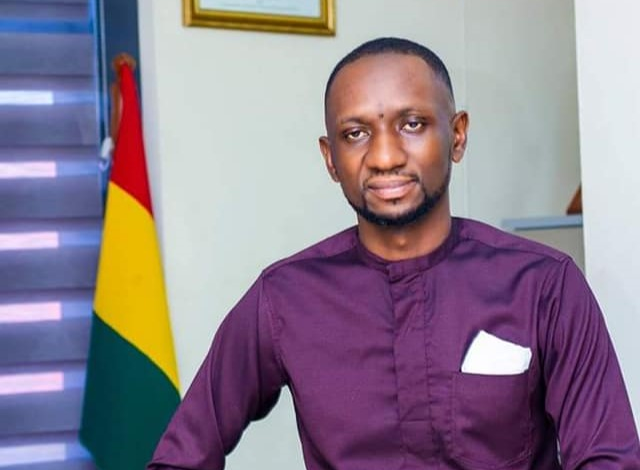
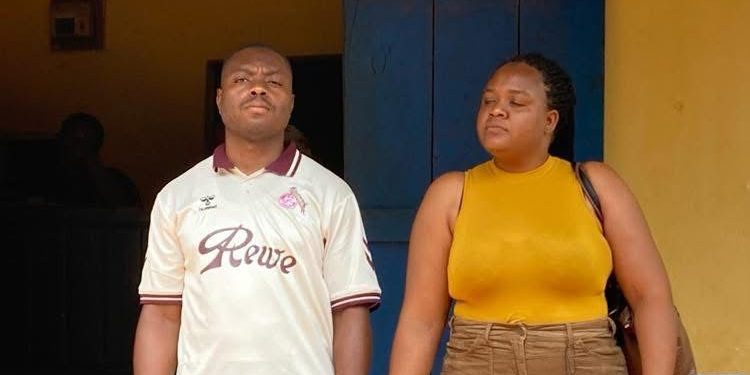
No comment yet, add your voice below!